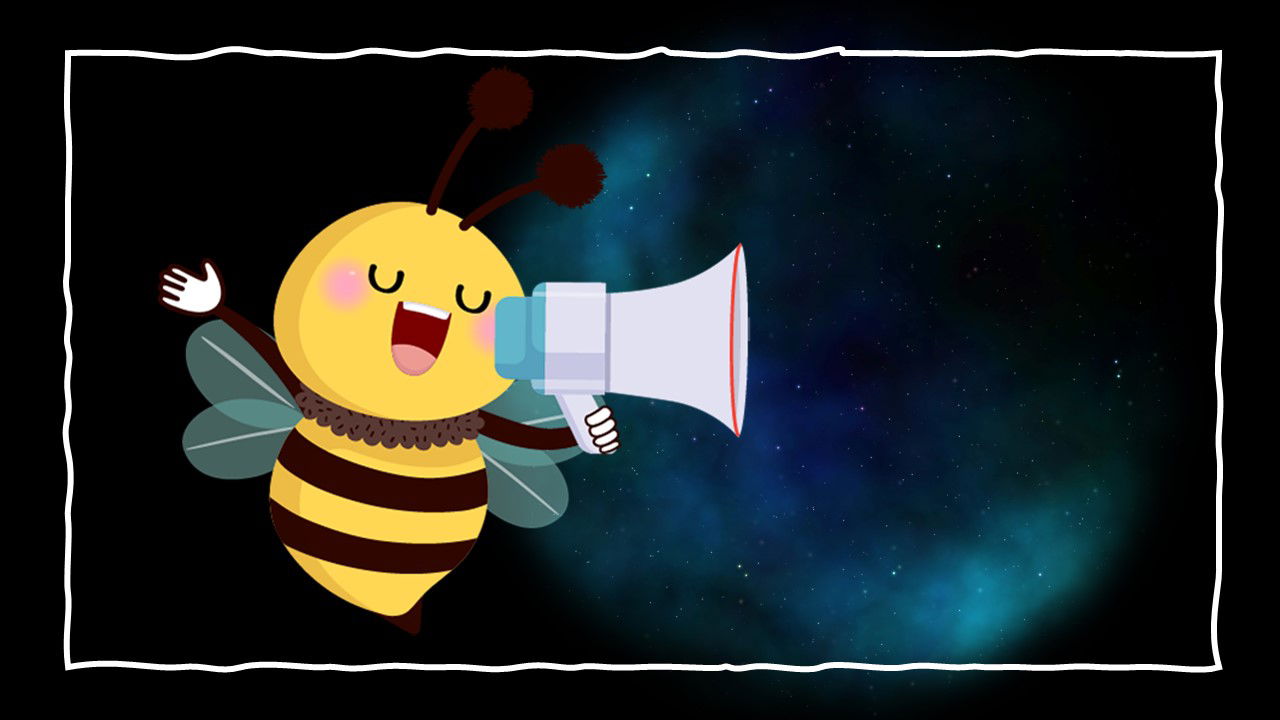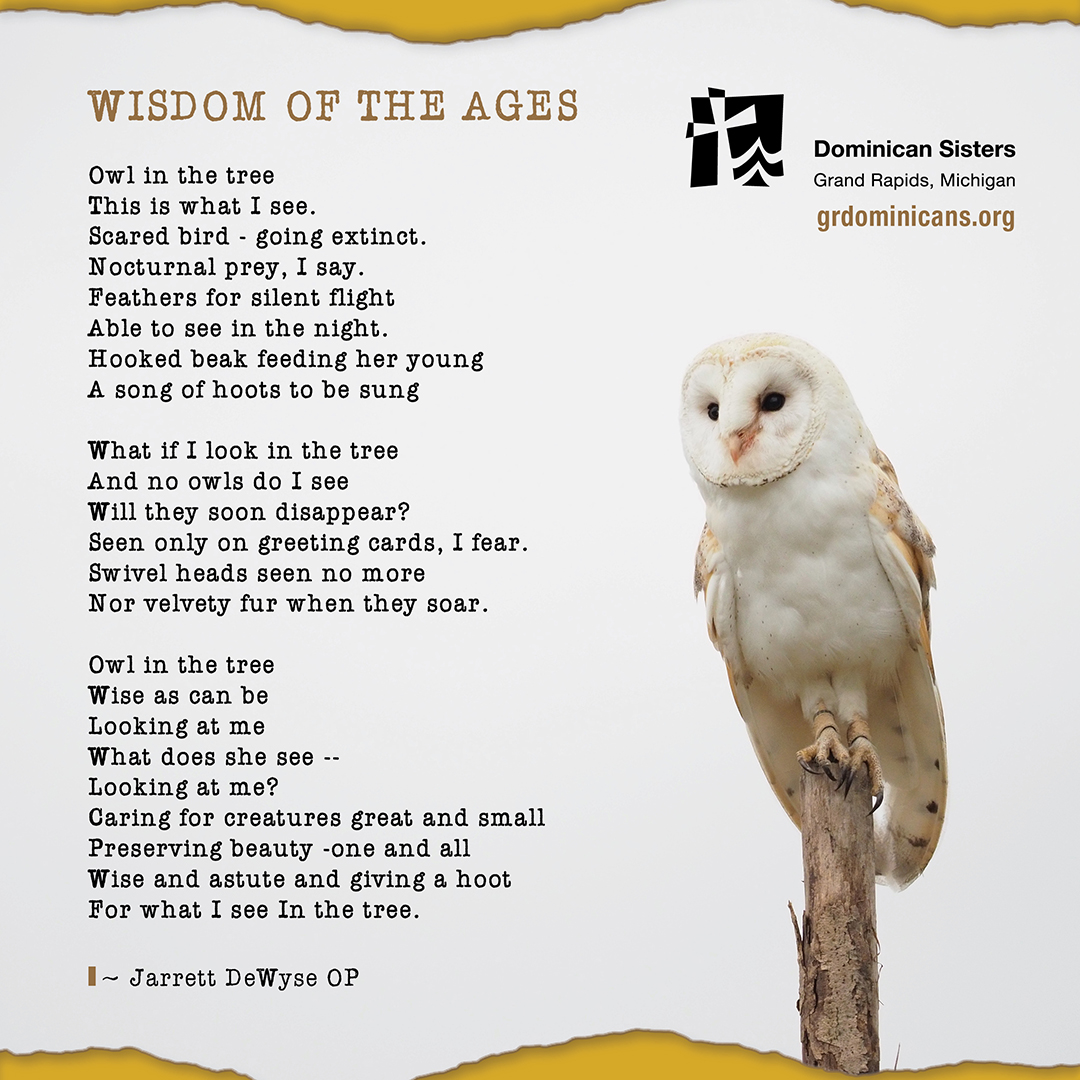Giving Voice To The Wisdom Of The Ages

Ever feel like the past is just… silent? Like all those brilliant minds and incredible stories are locked away in dusty books, unable to chat with us today? Well, what if I told you we could actually give them a voice? Not in a séance kind of way, of course! Think more like a high-tech ventriloquist act with history.
Imagine having a conversation with Jane Austen, picking her brain about love and society, or cracking jokes with Mark Twain about the absurdity of, well, everything. Sounds like a history buff's dream, right?
Resurrecting Voices, Digitally
This is where things get interesting. The trick? We're using some seriously clever tech, like AI and machine learning, to analyze the writings of these historical figures. It’s like teaching a computer to imitate their style, their quirks, even their sense of humor.
Think of it as building a digital puppet. We feed the puppet all the available information about a person – their books, letters, speeches – and the puppet learns to talk like them. It's not perfect, obviously, but it's surprisingly good!
It's like teaching a parrot not just to repeat words, but to understand and use them in a way that’s uniquely… well, parrot-like. Only the parrot here is Albert Einstein, and the words are complex theories about the universe.
The Unexpected Fun
The really cool part is the unexpected humor and insights that emerge. You might ask a digital Marie Curie about her struggles as a female scientist, and she might respond with a dry wit that completely catches you off guard.
Or maybe you'd quiz a digital Abraham Lincoln on modern political debates, and he'd offer a surprisingly relevant and insightful perspective, despite being from a completely different era. Talk about a mic drop from the past!
Sometimes, it's not even about the profound insights. It's about the little things. Imagine asking a digital Leonardo da Vinci what he thinks of the internet, and he replies with utter bewilderment, followed by a genuine fascination with cat videos. The possibilities for playful interactions are endless!
More Than Just a Party Trick
Of course, it's not all fun and games. This technology has some serious potential beyond just entertaining history nerds. Imagine using it to teach history in schools, bringing the past to life in a way that textbooks simply can't.
Or, imagine using it to preserve the voices of endangered cultures, ensuring that their stories and wisdom are not lost to time. This isn't just about resurrecting individuals; it's about preserving entire cultural heritages.
It also helps us understand these historical figures in a much more nuanced way. Reading their books is one thing, but actually "talking" to them, even through a digital proxy, can offer a whole new level of understanding.
A Word of Caution
Now, before you get too excited about chatting with digital versions of your favorite historical figures, there's a small caveat. These digital representations are based on data, and data can be interpreted in different ways.
It's important to remember that these are just interpretations, not perfect replicas. We need to approach them with a healthy dose of skepticism and critical thinking.
Ultimately, though, the ability to give voice to the wisdom of the ages is a remarkable achievement. It's a way to connect with the past in a whole new way, learn from those who came before us, and maybe, just maybe, gain a little bit of perspective on our own lives. And who knows, maybe Shakespeare will finally tell us what's *really* up with Hamlet!


















